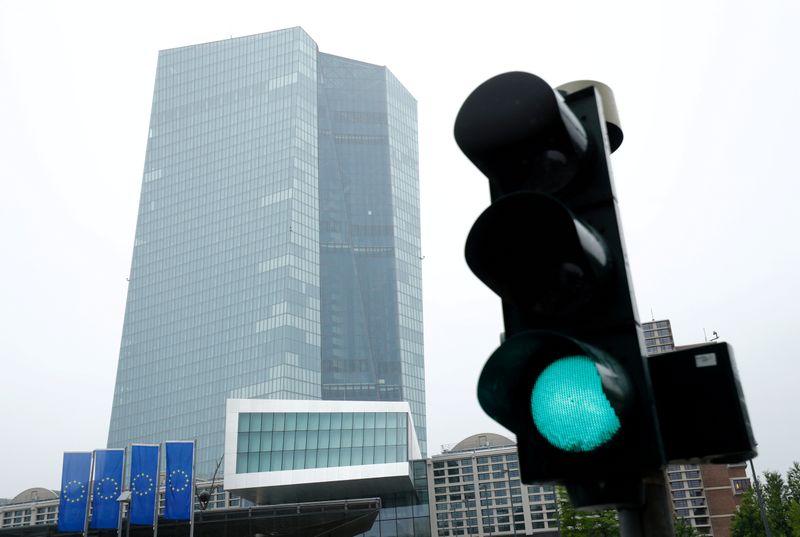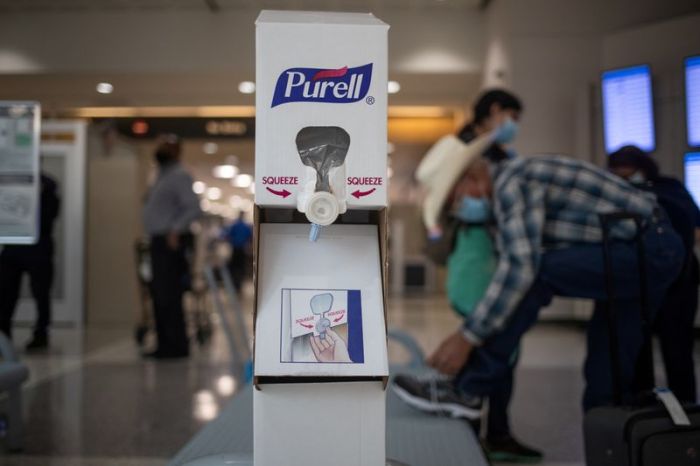FRANKFURT (Reuters) – The European Central Bank may be more concerned about the pandemic-hit economy than analysts had previously thought, based on its September policy meeting minutes issued on Thursday, suggesting it could roll out more stimulus later this year.
Arguing for a “free hand” to fight the economic malaise, policymakers fretted that a long list of risks ranging from a strong euro and higher coronavirus infection rates to the U.S. presidential election were all weighing on growth and consumer prices.
This was in stark contrast to the relatively benign view presented by ECB President Christine Lagarde after the bank’s policy meeting last month, where she upgraded some economic projections and played down concerns over the euro’s strength.
“The case was made for keeping a ‘free hand’ in view of the elevated uncertainty, underpinning the need to carefully assess all incoming information, including the euro exchange rate, and to maintain flexibility in taking appropriate policy action if and when needed,” the ECB said in its accounts of the Sept 9-10 meeting.
Economists say the accounts painted a different picture to that of Lagarde’s press conference and could be seen as correcting the ECB’s message, especially since uncertainty and the exchange rate were each mentioned around two dozen times.
“The minutes of this September meeting suggest that the ECB was actually more concerned about the inflation trajectory and the euro than anticipated by market participants after the news conference,” ING economist Carsten Brzeski said.
Indeed, policymakers compiled a long list of risks, including Brexit, the US elections, fiscal support that has run into political difficulties and the euro’s firming against the dollar, which will weigh on inflation.
Although some questioned the ECB’s commitment after Lagarde’s press conference, the accounts bolster expectations for the ECB to add to bond buys, either expanding its 1.35 trillion euro Pandemic Emergency Purchase Programme or through its Public Sector Purchase Programme.
Still, action is likely to be delayed until December as policymakers also emphasized the need for more information before an informed decision on stimulus could be made.
“Uncertainty was the key word … it was mentioned 23 times,” Nordea economist Jan von Gerich said. “Such language has been used in the past to signal the central bank is planning further stimulus measures. We expect this to be the case this time as well.”
(Reporting by Francesco Canepa and Balazs Koranyi; Editing by Chizu Nomiyama and Hugh Lawson)

























